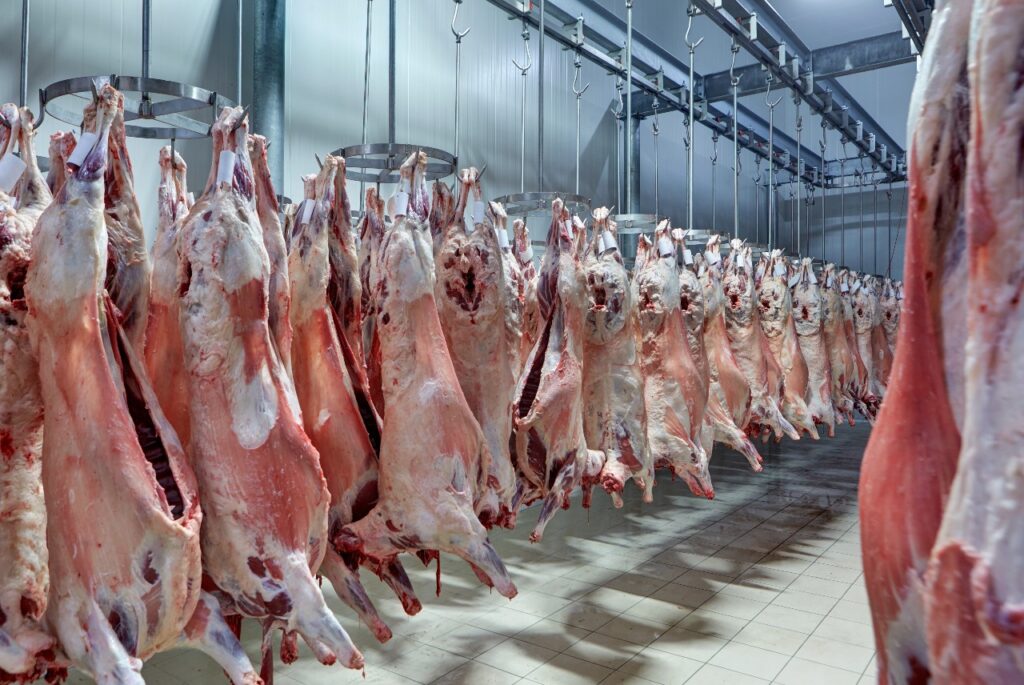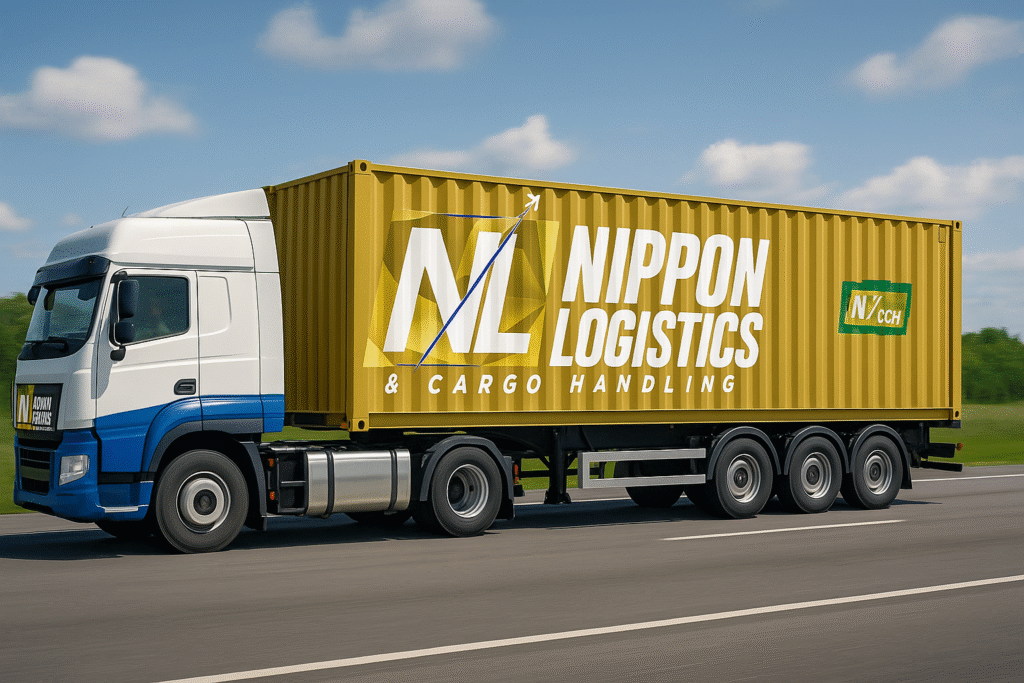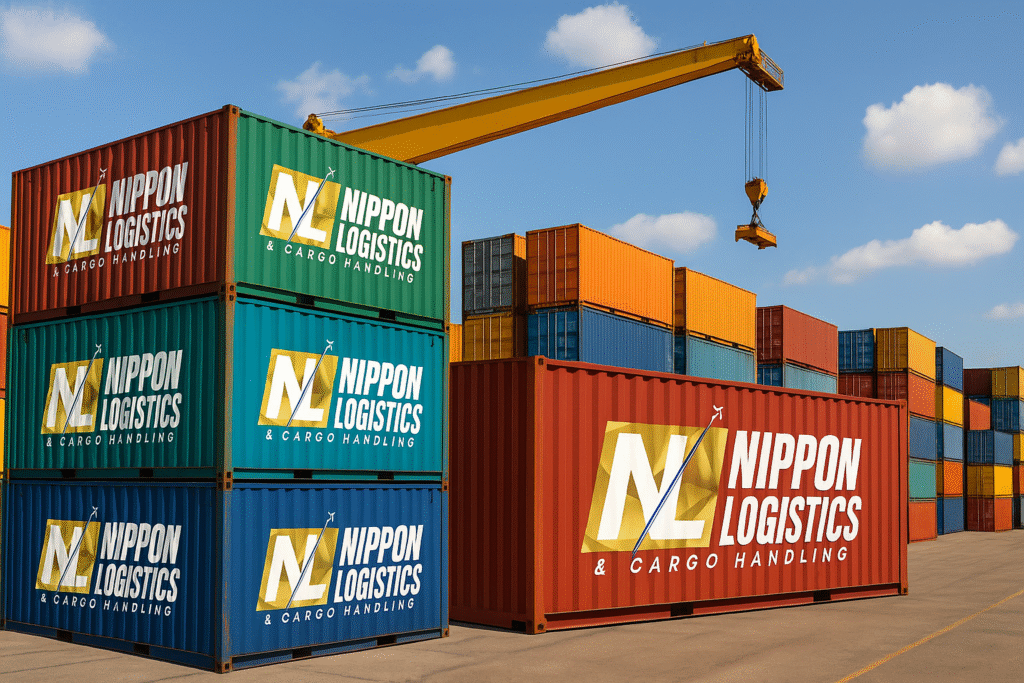
Importing perishable goods, particularly animal products such as meat, requires specialized knowledge and precise timing. Every delay can impact product quality, customer satisfaction, and profitability. This guide explores critical strategies to ensure the freshness and efficient customs clearance of your perishable meat imports.


Customs clearance involves processing goods through international borders. For meat products, time sensitivity is paramount—delays can result in spoilage, financial losses, and regulatory non-compliance. Therefore, understanding customs requirements and planning ahead significantly impacts the success of your import operations.
Successful customs clearance of meat requires accurate and timely documentation, including:
Bill of Lading (B/L) or Airway Bill (AWB)
Commercial Invoice detailing product description, quantity, and value
Health Certificate issued by veterinary authorities
Import Permit from relevant agricultural and food safety authorities
Packing List
Certificate of Origin to determine tariffs and duty exemptions
Ensuring these documents are correctly filled and submitted ahead of the shipment’s arrival expedites the clearance process significantly.
Different countries impose stringent sanitary and phytosanitary standards for meat products. Compliance with these standards is crucial for seamless clearance:
Inspection Protocols: Meat shipments typically undergo physical inspections, including temperature checks and microbiological tests.
Labeling Requirements: Labels must clearly indicate the product type, origin, expiry dates, and handling instructions.
Cold Chain Integrity: Continuous refrigeration must be maintained, with documented proof provided during inspections.
Familiarizing yourself with the importing country’s regulations and preparing accordingly helps avoid costly hold-ups.
To maintain product freshness and speed through customs:
Partner with Experienced Clearing Agents: Agents specializing in perishables offer invaluable expertise, ensuring compliance and speedy processes.
Pre-alert Documentation: Sending required documents ahead of shipment arrival allows authorities to prepare, minimizing delays.
Real-time Shipment Tracking: Leveraging technology to monitor temperature and shipment status helps proactively address any issues.
Scheduled Shipments: Coordinating shipments to arrive during optimal clearance times (avoiding weekends or public holidays) reduces waiting periods at customs.
Modern technology solutions, including IoT sensors, automated documentation systems, and blockchain tracking, can greatly streamline the customs clearance process. IoT sensors, for instance, ensure temperature stability is monitored continuously, enabling immediate corrective actions if needed.
Successful customs clearance for meat products demands precision, detailed knowledge of regulations, and proactive management of logistical processes. By adhering to best practices, utilizing technology, and working closely with experienced customs clearing agents, businesses can reliably ensure freshness, compliance, and rapid market entry for their perishable goods.
Blog 10 Critical Benefits of Outsourcing Your Warehousing Operations Efficient warehousing is critical for business success in…
Blog Top 10 Benefits of Partnering with a Professional Freight Forwarder In today’s interconnected global marketplace, efficiently…
Blog Customs Clearance for Perishable Goods: Ensuring Freshness and Speed Importing perishable goods, particularly animal products such…

Subscribe to our weekly newsletter to get the latest news
As a trusted partner in global logistics, we offer comprehensive solutions that cater to diverse industries and markets.
Copyright © 2025 Nippon Logistics. All Rights Reserved.